Pedini’s Magika Has a Few Tricks Up its Sleeve
What are you looking for in your kitchen? the sublime new shapes and styles of La Cucina Alessi? The eco-durability of new materials as in Silestone's Countertops and Kitchen Surfaces? Or perhaps you prefer the modular disappearing trick of the Logica Kitchen System? If, however, you're after a subtler kind of prestidigitation (as in shrinking costs), you should have a look at Pedini's Magika. This kitchen was conceived with an eye to the easy balance between a buyer's bottom line and the demanding aesthetic imperatives of what some might rightfully claim as the birthplace of the modern kitchen.
Magika. Designed by Pedini.
Magika is handsome minimalism on a budget. The kitchen combines the sleek lines and handcrafted finishes of Italian cabinetry with economical production and fast delivery times, thus making the divine and desirable touch of designers like Domenico Paolucci more accessible to the masses. We last saw the work of Paolucci back in October with the extraordinarily colorful and highly-textural Outline Kitchen. That scheme-with its dashing touches of rich green and deep wood striations-spoke to me of autumn change. Magika, to the contrary, is light and lithe like a summer breeze. It's so efficiently arranged as to be all but invisible. Because Magika knows that, in the kitchen, negative space means room to roam–room to coordinate the particular choreography of your culinary magic.
Optional features for Magika include vertical handle or hand-less channel openings with an aluminum profile. Choose your finish from textured melamine (white, red, cream, or dark grey); wood (grey oak, dark brown pine, or teak); or glossy white lacquer. Cabinetry plinths come in white, gray, black, and matte silver. These attractive options enable a great degree of personalization, but the bottom line with Magika is its admirable fusion of affordability and aesthetics: "featuring simplicity with a high degree of practicality and quality, Magika combines innovative features with conventional uses, representing a synthesis of inspiring form and rational layout solutions"
Via Contemporist.
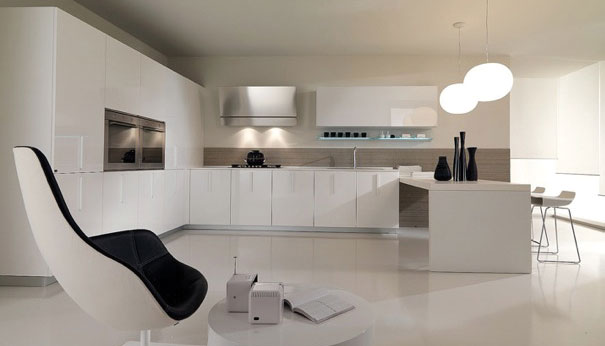



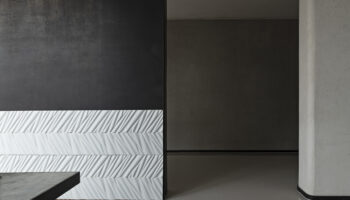
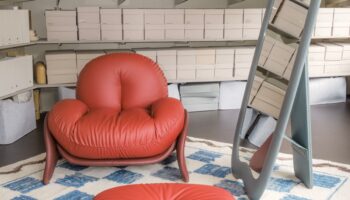
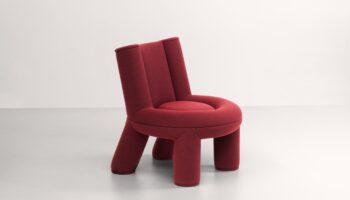
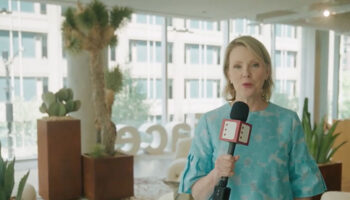
Leave a Reply